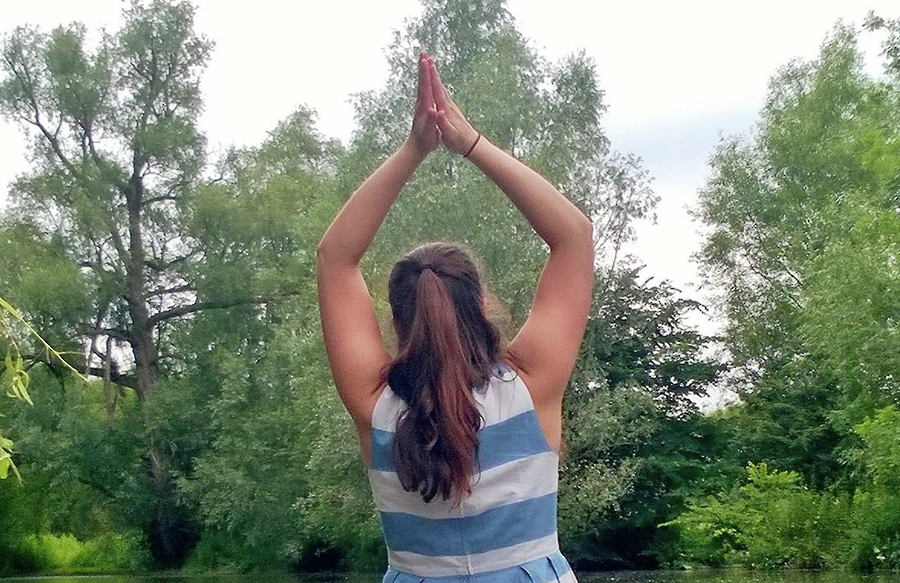
Fitness is more than exercise
In such a high-pressured environment as Cambridge, Eoghan McKenna discusses how physical fitness can often help with mental health

One shouldn’t have to explain the benefits from exercise, whether daily or at least 3x a week. The reasons why people exercise are different: for some people it is a sport, for others it is merely a pursuit of being healthy. At the basic level, exercising is concerned with a drive to be physically better.
Exercising in Cambridge seems for many an afterthought; while for others, such as those who take part in sports at Varsity level, it can be the only thought. Arriving at Cambridge, I had very much intended to pursue some form of sport. But since the whirlpool of first year has evolved into the tidal wave of exams, these pursuits have faded away.
Nothing quite prepared me for the workload I would face, the standard of work expected of me, nor the atmosphere of pressure to be successful. But the excuse of ‘not having time’ to exercise is simply untrue. The NHS advises 150 minutes of moderate activity a week, so unless one just walks nowhere, in Cambridge your exercise can be easily fulfilled.
"Given the workload that is faced, mental relief is a prerequisite for truly maintaining a balanced lifestyle while here"
Completing the advised amount, however, and actually becoming fit are two different things. The issue that students here seem to face is the workload that the University requires. Once one completes their academic task, the last thing on their mind, naturally, is fulfilling a physical task. We work hard. As a result, every moment off feels like a deserved one: one of lying in bed, watching Gordon Ramsay, or drinking (or all three, if one feels like a real treat). The result? A definite lack of motivation to pursue physical betterment. Gruelling mental work leads to physical apathy.
However, the human body is an entire unit and it seems wasteful to perfect the brain and not the body. We are constantly reminded of the threat that studying at Cambridge poses to our mental health (something they don’t trumpet much at open days). And the connections between physical well-being and mental well-being are also well documented. Given the workload that is faced, mental relief is a prerequisite for truly maintaining a balanced lifestyle while here. It’s all well and good to be working x number of hours a day, but without happiness, it is utterly unsustainable.
Balancing stress with work can be achieved through exercise, and for some people that is best achieved through sport, for others, just the gym. Gym and exercise are synonymous. The preponderance with social media and what it associates with ‘fitness’ creates an environment in which people are pursuing an idealised image. Exercise should not just be going to the gym to look good; exercise and looking good are different ends through the same means.
What exercise should seek to achieve in an academically rigorous environment is a release. But in order for this end to be achieved, it is necessary to disconnect exercise from the chore of work. Exercise should be the medium through which work is forgotten about, rather than another layer of labour.
If physical exercise is to achieve its best possible usage – mental relief from academic work – then it needs to be an activity that the mind desires. Nearly all of us reach our daily NHS requirement for exercise during term time by commuting to and from lectures, the library, or other destinations. The pursuit of ‘fitness’ should be a recreation that relieves the individual from any stresses and strains picked up from the necessary activities. If walking and cycling to and from destinations are fulfilled, then any exercise on top of that is a bonus; and one that should be pursued for positive ends, both physically and mentally
Illustrated by Anna Palma Balint

